A New Climate Movement: Acting on Solutions that Work
Presented by the Riley Institute and Osher Lifelong Learning Institute in collaboration with the Shi Institute for Sustainable Communities
All of us feel the impact of climate change, either through more days of summer heat, increasingly devastating hurricanes and floods, numerous wildfires caused by drought, or rising sea levels that threaten our coastal communities. Unjustly, many of the people and places most impacted will be those who are already most vulnerable. The time for ambitious climate action is now.
Over the course of three weekly sessions, attendees heard what is being done by public and private sector leaders to change the trajectory of climate change before its most devastating impacts are realized. Those in the audience learned what the roadmap for meaningful action looks like. Yes, it’s daunting.
Yet, the possibilities for creating a more beautiful, healthy, and just world through climate action are endless. Envision the ways in which actionable, evidence-based strategies can benefit the things you care about the most as we hear from leaders in government, industry, and non-profit work about scaling climate solutions for a thriving world.
Series Details
- Tuesday, August 30, 6:30 p.m. | Back from the brink: A framework for climate action
- Tuesday, September 6, 6:30 p.m. | The next industrial revolution: Turning crisis into opportunity
- Tuesday, September 13, 6:30 p.m. | Connecting values and career to climate action
Matthew Cohen, PhD, Furman associate professor of sustainability science served as moderator for the series.
Session I | Back from the Brink: A Framework for Climate Action
Session I Speakers
Matthew Cohen
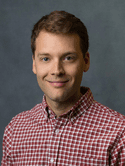
Matthew Cohen (moderator) is an Associate Professor of Sustainability Science in Furman University’s Department of Earth, Environmental, and Sustainability Sciences. With a background in urban planning and climate solutions, his interests include local climate action and sustainability education. At Furman, Dr. Cohen teaches urban sustainability and sustainability visioning while engaging undergraduate research students on local climate action and community engagement.
Al Gore
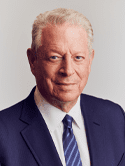

Former Vice President Al Gore is a founding partner and chairman of Generation Investment Management, and the founder and chairman of The Climate Reality Project, a nonprofit devoted to solving the climate crisis. He is also a senior partner at Kleiner Perkins Caufield & Byers and a member of Apple Inc.’s board of directors.
Angel Hsu


Angel Hsu is an assistant professor of public policy and the environment at the University of North Carolina at Chapel Hill and founder/director of the Data-Driven EnviroPolicy Lab, an interdisciplinary research group that innovates and applies quantitative approaches to pressing environmental issues. Her research explores the intersection of science and policy and the use of data-driven approaches to understand environmental sustainability, particularly in the areas of climate change and energy, urbanization and air quality.
Bob Inglis
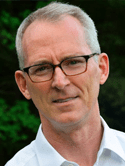
Bob Inglis launched the Energy and Enterprise Initiative (E&EI) at George Mason University in July 2012 and serves as Executive Director, where he promotes free enterprise action on climate change.
John Lanier
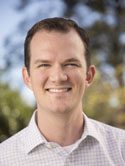

John Lanier is the executive director of the Ray C. Anderson Foundation, a Georgia-based private family foundation honoring the legacy of the late Ray C. Anderson, Lanier’s grandfather. Ray Anderson was a globally recognized industrialist and pioneer for environmentalism, and Lanier continues his legacy today through Foundation programs that seek to create a brighter, more sustainable world.
Stinson Woodward Ferguson
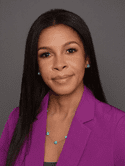

Stinson Woodward Ferguson is of counsel to The Anthony Law Firm, P.A. in Spartanburg and an assistant municipal judge for the City of Greenville. She specializes in environmental law, previously serving as the South Carolina Energy Staff Attorney for the Southern Environmental Law Center in Charleston and as special counsel for Haynsworth Sinkler Boyd, P.A.
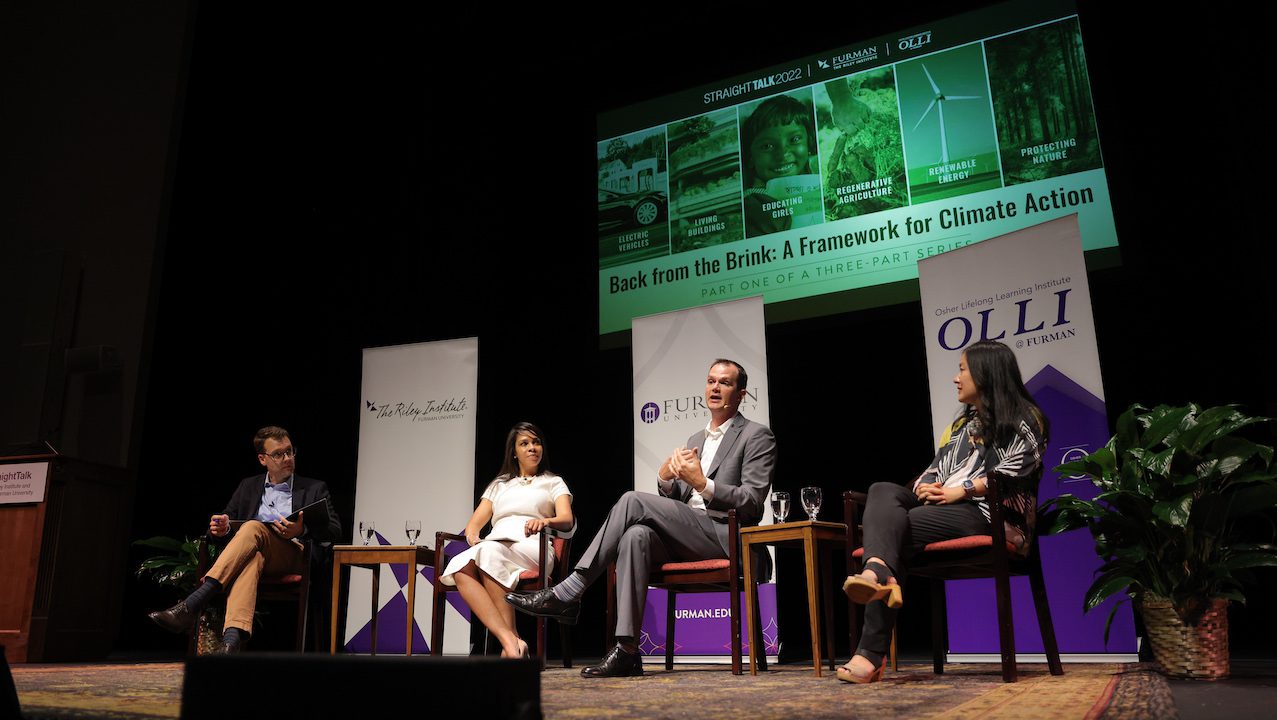
Week 1 Recap
Addressing the challenge of our changing climate is daunting, but there are reasons for hope. A strategic framework exists. There are clear steps that public leaders and private sector leaders can and should take — steps that will reduce future droughts, wildfires, floods, and extreme heat.
Session II | The Next Industrial Revolution: Turning Crisis Into Opportunity
Session II Speakers
Ethel Bunch
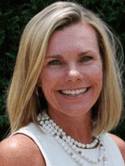

Ethel Bunch is the CEO and president of Sustain SC, a nationally recognized organization that brings together South Carolina stakeholders at the intersection of commerce and conservation. She was president and CEO of Palmetto Green until it rebranded itself as Sustain SC in response to the need for South Carolina companies to critically consider carbon neutrality, water quality and quantity, renewable energy, and the circular economy.
She has a BA and MMC from the University of South Carolina.
Matthew Cohen




Matthew Cohen is an Associate Professor of Sustainability Science in Furman University’s Department of Earth, Environmental, and Sustainability Sciences. With a background in urban planning and climate solutions, his interests include local climate action and sustainability education. At Furman, Dr. Cohen teaches urban sustainability and sustainability visioning while engaging undergraduate research students on local climate action and community engagement. Dr. Cohen holds a Ph.D. in Sustainability from Arizona State University, a Professional Science Masters in Climate Science and Solutions from Northern Arizona University, a Masters of Community Planning from the University of Cincinnati, and a B.A. in International Studies from Centre College.
Phyllis Cuttino


Phyllis Cuttino is a 1988 graduate of Furman University with a degree in political science and history, is CEO and president of The Climate Reality Project. From 2018-2021, Cuttino was the executive director of the Climate Action Campaign, a coalition of 14 of the country’s leading climate and health organizations representing more than 12 million Americans, which is dedicated to making progress on federal climate, clean air and clean energy policy. As the managing director of Climate Nexus’ Issues Management team from 2016-2018, she piloted a unit dedicated to identifying emerging policy and narrative threats and opportunities and conceiving and operationalizing responses for the broader environmental movement. During her nine years at The Pew Charitable Trusts, Cuttino led all sustainability efforts including the Clean Energy and Flood Prepared Communities programs, the Pew Project on National Security, Energy and Climate, the Clean Energy Business Network and the Pew Campaign for Fuel Efficiency.
Tom Davis
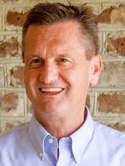

A state senator since 2008, Tom Davis chairs the South Carolina Senate’s Labor, Commerce, and Industry Committee and serves on five other Senate committees: Finance, Banking and Insurance, Medical Affairs, Legislative Oversight and Fish, Game and Forestry. A longtime advocate for protecting South Carolina’s natural resources and increasing the use of renewable energy, Sen. Davis introduced and shepherded the Energy Freedom Act, which is opening up the grid to new technology. He also introduced legislation to expand solar access for customers statewide. A graduate of Furman University and the University of Maryland School of Law, he has received numerous awards including Sierra Club South Carolina’s Legislator of the Year Award and the Green Tie Award from Conservation Voters of South Carolina.
Kasel Knight
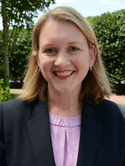

Kasel Knight is senior vice president, general counsel, and secretary of Milliken & Company. In addition to her responsibility for all legal aspects of Milliken’s global, diversified manufacturing business, she manages the company’s sustainability, government relations and trade compliance functions. Prior to joining Milliken in 2010, Kasel practiced mergers and acquisitions and corporate and securities law for eight years in law firms in Atlanta, GA and Boston, MA.
She holds a BA in English and French from Duke University and a JD from Duke University School of Law.
Julian Soell
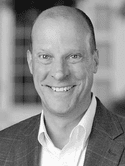

Julian Soell serves as President of Proterra Transit. Julian brings nearly 30 years of automotive and operational experience to Proterra and joins the company after most recently serving as Chief Operating Officer at Repairify, a high-growth global leader in automotive service, technology and business insights solutions. Previously, he held engineering leadership roles at automotive companies including Mercedes Benz USA and Harley-Davidson Motor Company. Outside of the automotive industry, Julian has also held large operational and customer service roles at Delta Air Lines. Julian holds a Bachelor of Science in Mechanical Engineering from Lehigh University, a Master of Science in Mechanical Engineering from the Ohio State University, and a Master of Business Administration from the University of Michigan.
Katie Thomas
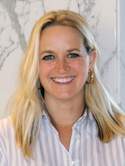

Katie Thomas, lead of the Kearney Consumer Institute (KCI), has nearly 15 years of experience operating as an advocate for and expert on all things consumer. Her career began in management consulting at Kearney, working on projects across consumer goods, retail, and media. Katie later shifted into brand management for beloved brands from Heinz to Aidells. Returning to Kearney to lead the KCI, Thomas partners with leading Fortune 500 clients and reframes challenges from a consumer-centric perspective. She is co-host of the consumer podcast Inside the Mind.
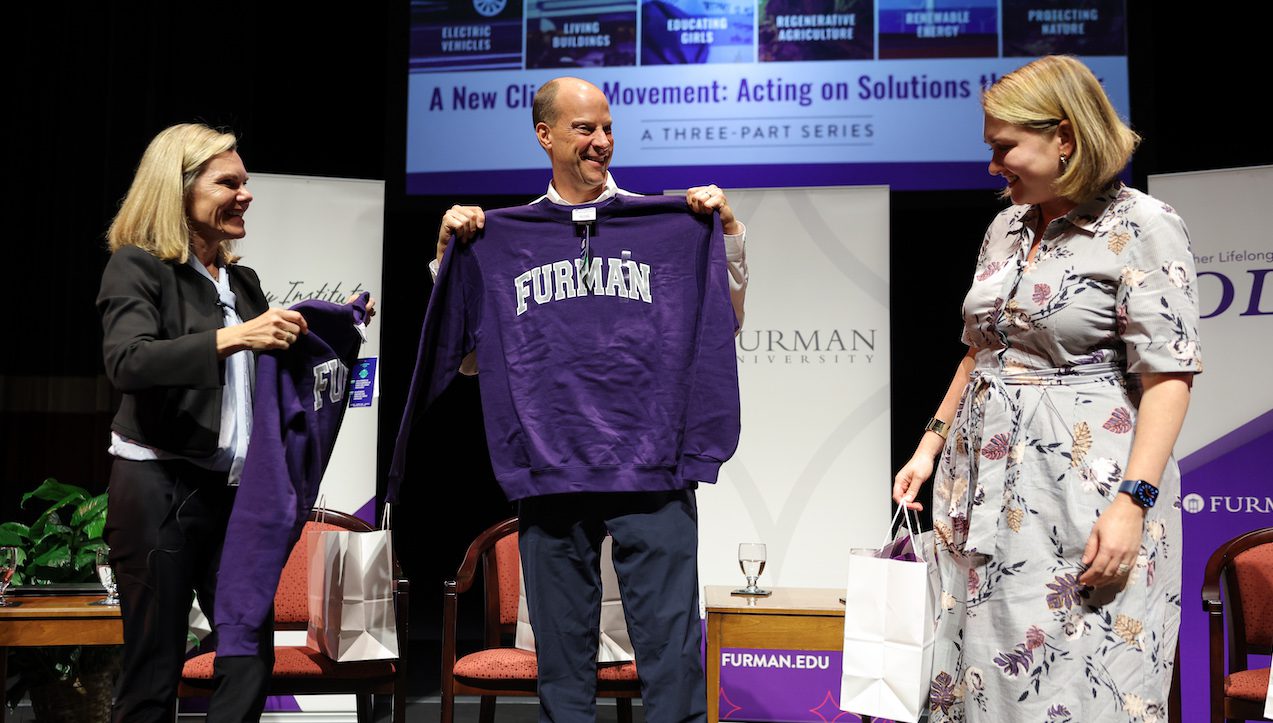
Week 2 Recap
Why are more and more companies embracing climate action? The future is electric, carbon-neutral, and sustainable. The audience heard from the head of Proterra Transit and others about innovation and opportunities presented by the next industrial — and green — revolution.
Session III | Connecting Values and Career to Climate Action
Session III Speakers
Matthew Cohen




Matthew Cohen is an Associate Professor of Sustainability Science in Furman University’s Department of Earth, Environmental, and Sustainability Sciences. With a background in urban planning and climate solutions, his interests include local climate action and sustainability education. At Furman, Dr. Cohen teaches urban sustainability and sustainability visioning while engaging undergraduate research students on local climate action and community engagement. Dr. Cohen holds a Ph.D. in Sustainability from Arizona State University, a Professional Science Masters in Climate Science and Solutions from Northern Arizona University, a Masters of Community Planning from the University of Cincinnati, and a B.A. in International Studies from Centre College.
Geoffrey Habron
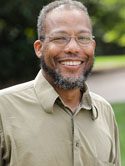

Geoffrey Habron is a professor of sustainability science in the Department of Earth and Environmental Sciences at Furman University. Currently, he is part of a multi-institutional effort to develop climate resilience solutions in frontline, at-risk communities across the Carolinas. The initiative is led by North Carolina State University and funded by the National Oceanic and Atmospheric Administration. Before coming to Furman in 2017, he spent three years at Warren Wilson College as director of Electronic Portfolios, director of First Year Seminar, and faculty member in the Department of Environmental Studies. From 1999-2014, he was associate professor in the Department of Fisheries and Wildlife and the Department of Sociology at Michigan State University. Dr. Habron has a PhD in fisheries science from Oregon State University, an MS in wildlife and fisheries from Mississippi State University, and a BA in biology from University of Miami.
Katharine Hayhoe


Katharine Hayhoe is a climate scientist and chief scientist for The Nature Conservancy. She is also the Political Science Endowed Professor in Public Policy and Public Law and Paul W. Horn Distinguished Professor at Texas Tech University. She has been named a United Nations Champion of the Earth and one of Time’s 100 Most Influential People, and she serves as the climate ambassador for the World Evangelical Alliance. Katharine was a lead author for the U.S. Second, Third, and Fourth National Climate Assessments, hosts the PBS digital series Global Weirding, and has written for The New York Times. She frequently gives talks on climate science, impacts, communication and faith. Her TED Talk “The Most Important Thing You Can Do to Fight Climate Change: Talk About It” has been viewed over 5 million times. The author of the bestselling book, Saving Us: A Climate Scientist’s Case for Hope and Healing in a Divided World, Katharine has a BSc in physics and astronomy from the University of Toronto and an MS and a PhD in atmospheric science from the University of Illinois at Urbana-Champaign. Full bio
Dale Threatt-Taylor
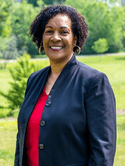

Dale Threatt-Taylor is the executive director of The Nature Conservancy in South Carolina. Known by her former colleagues as North Carolina’s “conservation evangelist,” she has more than 25 years of conservation leadership and deep academic expertise in agriculture science. She has served as director of the Wake County Soil and Water Conservation District and as a social conservationist for the USDA Natural Resources Conservation Service. She holds a MEM from the Nicholas School of the Environment at Duke University and a BS in conservation with a concentration on soil science from North Carolina State University. She also completed N.C. State’s Agricultural Leadership Development Program.
Emily Wirzba
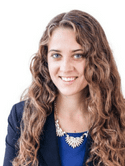

Emily Wirzba is a senior manager of Federal Affairs at the Environmental Defense Fund (EDF), where she builds relationships with members of Congress and develops legislative strategies to advance EDF’s transportation electrification and climate change priorities.
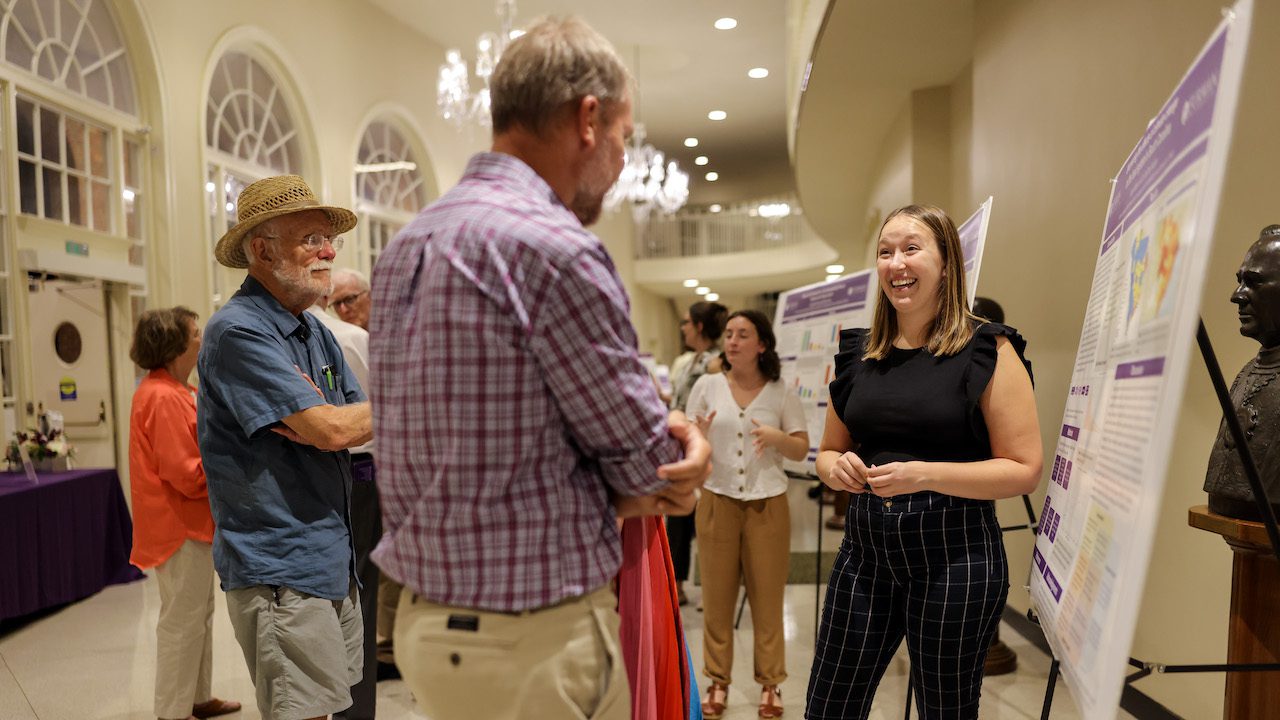
Week 3 Recap
From hikers and beach dwellers to entrepreneurs and social justice champions, we all have a reason to care about climate change. How can we connect our values and our daily work to the new climate movement?



